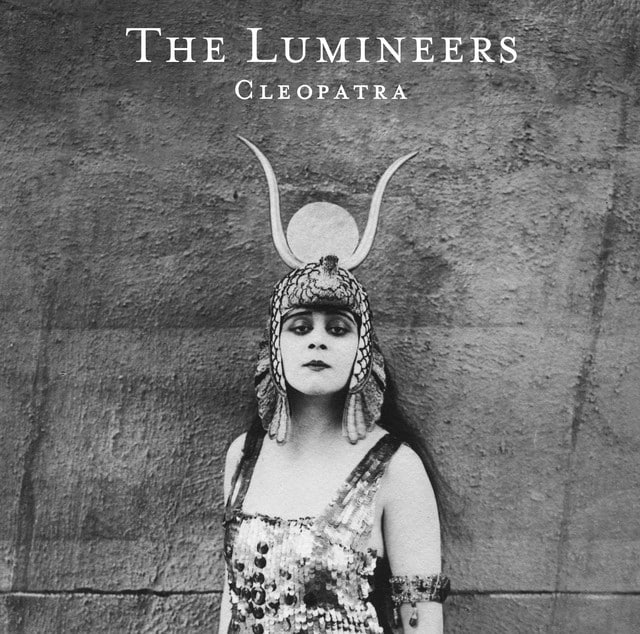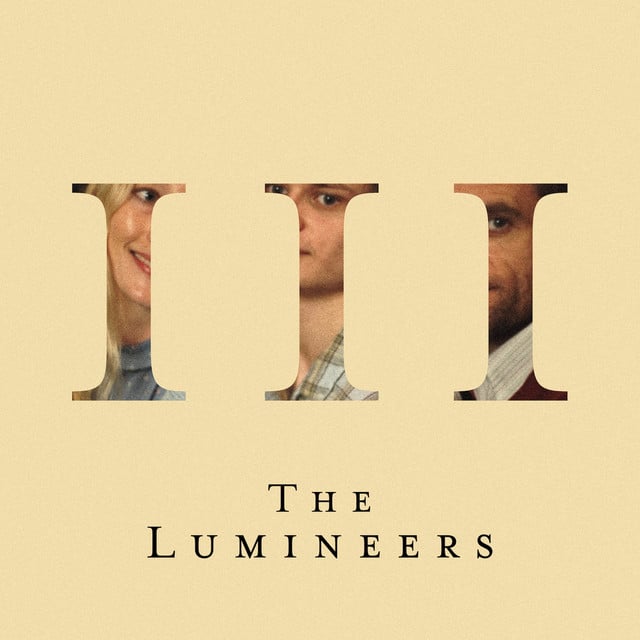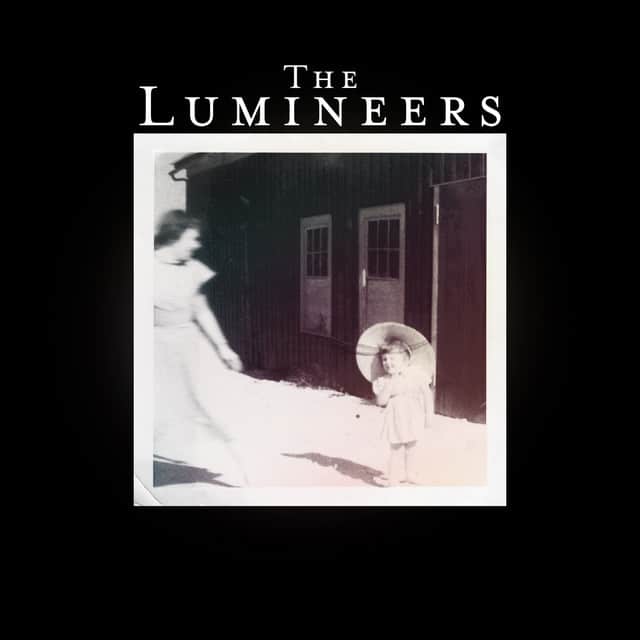Released: 2016
“Cleopatra” by The Lumineers is a heart-wrenching encapsulation of love, loss, and regret. Told from a first-person perspective, it traces the life of a woman named Cleopatra who missed out on real love due to the complexities of her life.
The song kicks off with, “I was Cleopatra, I was young and an actress”. Here, the protagonist is likening her younger self to Cleopatra – a powerful and iconic figure in history. The mention of ‘an actress’ could be symbolic of her trying to ‘play out’ her life the way she wanted, but it becomes clear that things didn’t pan out as expected. The painstakingly vivid imagery of the singer’s lover proposing while she mourns at her father’s funeral tells us that her life was not one of fairy tales.
“And I left the footprints, the mud stained on the carpet, And it hardened like my heart did when you left town” – these lines demonstrate that the protagonist’s lover left, leaving behind an indelible mark on her life that hardened over time, much like their relationship.
The recurrent hook “But I was late for this, late for that, Late for the love of my life. And when I die alone, when I die alone, Die I’ll be on time” showcases the theme of regret and missed opportunities. It’s a lament. She was too late to recognise the love of her life, too late to hold onto him, and now all she can wish for is to be on time for her death.
As the song progresses, we learn more about the character’s life transition, “So I drive a taxi, and the traffic distracts me, From the strangers in my backseat, they remind me of you”. It portrays her attempting to distract herself from the lingering love and disappointment as she goes on with her life.
“The only gifts from my Lord Were a birth and a divorce But I’ve read this script and the costume fits So I play my parts”. This verse is heartrending. The protagonist sees the costume of her past, her identity as ‘Cleopatra’, fitting her to play out the drama of her life–marked by only two significant events: a birth and a divorce.
The finale of the song, “And now a nurse in white shoes leads me back to my guestroom, It’s a bed and a bathroom, and a place for the end” unravels the curtain on Cleopatra’s life: she is now an old woman looking at the end of her life, clutching onto the regret of her missed love. This last section re-emphasises that timeless regret, that she was always late for love, but for her own death, she would be on time.
The sheer rawness rendered through “Cleopatra” is staggering. It portrays a drama of a woman’s life, teeming with regret, unrequited love, and the relentless passage of time.






